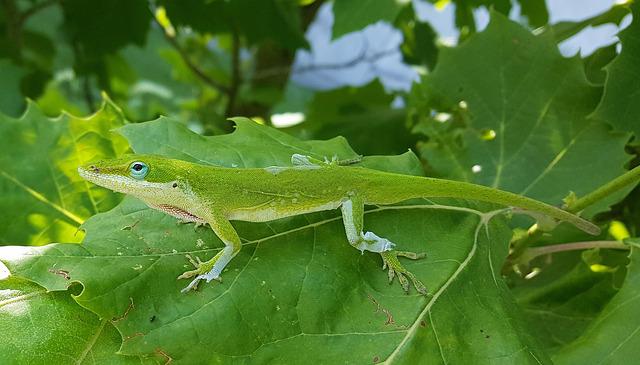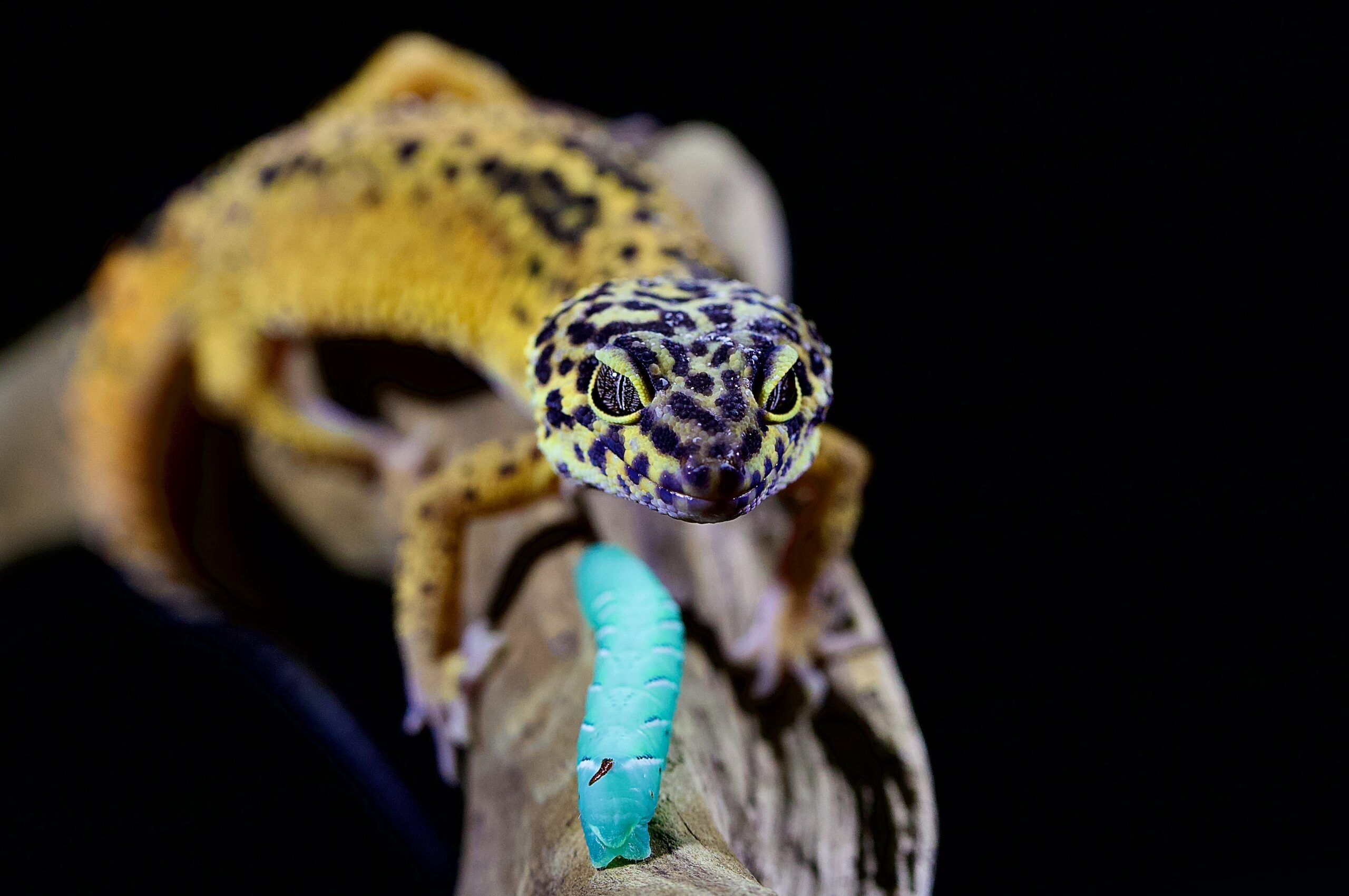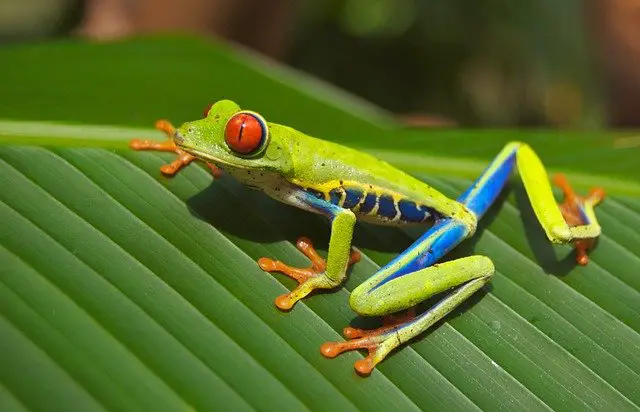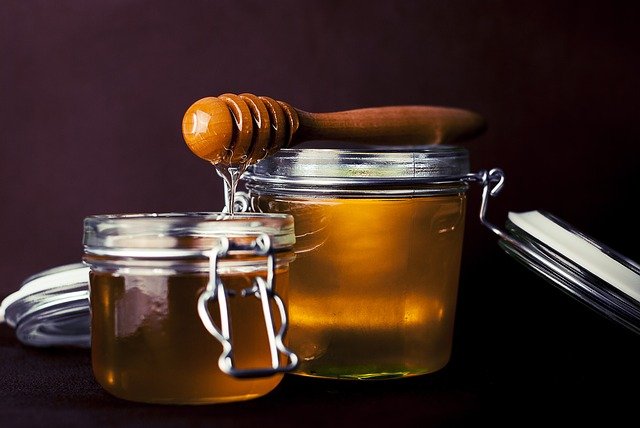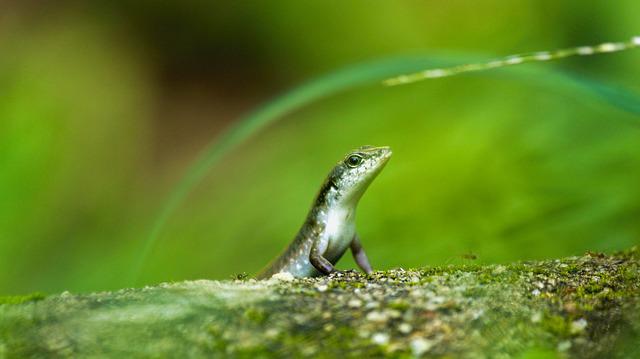If you have an anole as a pet, you may wonder how long it can go without eating. The answer to that question depends on the age and size of the anole and how healthy it is. However, most anoles can go without food for about two weeks.
How long can anoles go without eating In the wild?
Wild anoles are insectivores, relying on a diet of small insects and spiders. They will also eat baby food, vitamins, and calcium supplements in captivity.
While captive anoles can go long periods without eating, wild anoles need a constant source of food to survive.
They typically hunt for food in the morning and evening, when insects are most active. If food is scarce, however, anoles will fast for extended periods.
Studies have shown that wild anoles can go up to six weeks without food and maintain their body weight.
However, extended periods of fasting can weaken the immune system and make anoles more susceptible to disease. As a result, wild anoles need access to a reliable food source.
How long can anoles go without eating In captivity?
In captivity, anoles can go for quite some time without eating. Many people who keep them as pets report that their anoles will fast for weeks or at a time.
There are several reasons why anoles may choose to fast, including stress, illness, and the lack of food availability.
However, it is essential to note that fasting for extended periods can be dangerous for anoles and may lead to health problems.
If you are concerned about your anole’s health, it is always best to consult with a vet.
What happens to anoles when they don’t eat
When anoles don’t eat, a variety of things can happen.
If an anole doesn’t eat for a short period, it may lose some weight, and its tail may shrink.
However, if an anole doesn’t eat for an extended period, it can die.
In the wild, anoles typically only go without food for a few days at a time. However, if food is scarce, they will and can go for much more extended periods.
However, in captivity, anoles may go without food for weeks. This is often due to stress, as captive anoles can become very stressed and stop eating.
If an anole stops eating, it is essential to seek medical attention as soon as possible, as the anole could die if not treated.
How to help anoles who aren’t eating
If your anole isn’t eating, you can do a few things to try to help.
- First, check that the enclosure is at the correct temperature (See below). Anoles need a warm, humid environment to be comfortable, and if the temperature is too low, they may not be able to digest their food correctly.
- If the temperature seems fine, you can try offering live insects instead of dead ones. Live prey will encourage your anole to hunt and hopefully stimulate their appetite.
- Finally, ensure that there aren’t any other stressors in the enclosure, such as too much noise or light.
The correct temperature for an anole enclosure
If you’re keeping anoles as pets, creating an enclosure that mimics their natural habitat is essential. That means providing the correct temperature, humidity, and light levels.
When it comes to temperature, anoles prefer a warm environment.
They are native to tropical areas and need a daytime temperature of at least 80 degrees Fahrenheit.
The temperature can drop a few degrees at night but should not fall below 65 degrees.
Anole enclosures can be heated using several methods, such as heat lamps, ceramic emitters, or under-tank heaters. You can help your pet anoles stay healthy and happy by providing the correct temperature.
How often should anoles eat?
One of the most important things to remember when caring for an anole is how often to feed it.
Adult anoles should be fed every other day, while juvenile anoles should be fed every day.
It is also essential to offer a variety of food items, as this will help to ensure that your anole gets all the nutrients it needs.
Some good food options for anoles include crickets, mealworms, and waxworms. You can also offer vegetables such as kale, collards, and turnip greens. By following these guidelines, you can help your anole thrive.
The importance of anoles eating regularly and their diet
These lizards are essential to the ecosystem because they help control the insect population. Anoles eat various insects, including moths, crickets, and beetles.
In addition to controlling the insect population, anoles provide food for other animals, such as snakes and spiders.
If anoles did not eat regularly, the population of insects would quickly get out of control and hurt the environment.
Fortunately, anoles can eat large quantities of insects and keep the population under control.
Fun facts about anoles and their diets
Anoles are a type of lizard that is native to the Americas. More than 400 species of anole can be found in various habitats, from deserts to rainforests.
One of the most notable features of anoles is their ability to change the color of their skin. This change is usually used for camouflage or to communicate with other anoles but can also regulate body temperature.
Anoles are also fascinating creatures because of their diets. Many anoles are insectivores using their long tongues to capture prey.
Some anoles also eat fruit, flowers, and leaves. One species of anole, the Louis-anole, is known to eat poison ivy without ill effect! Anoles are fascinating creatures, and they make great pets for people who are interested in reptiles.

